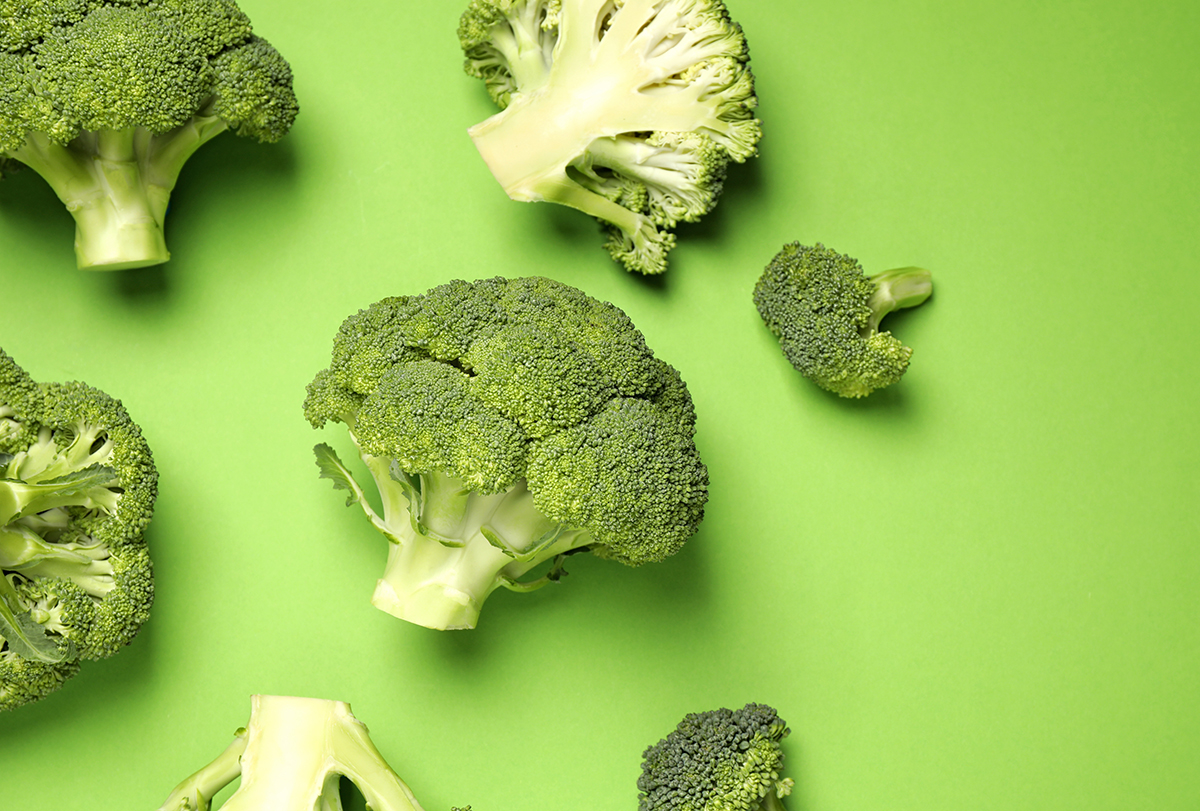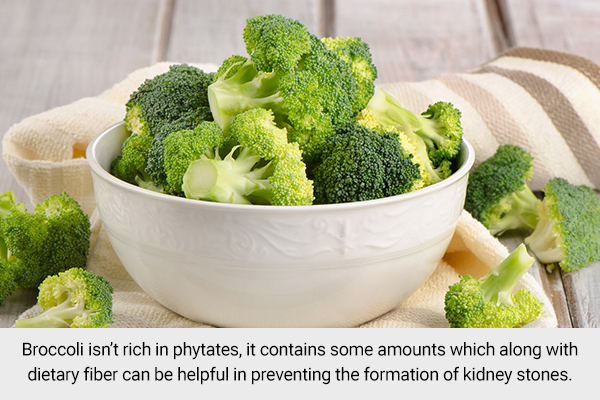In this article:
Kidney stones are among the most common concerns faced by over 600,000 Americans each year. They cause debilitating pain in the groin and lower abdomen and a burning sensation when urinating. (1)

Kidney stones are essentially crystals of calcium and oxalate. Crystals form when there is a supersaturation of stone-forming constituents such as calcium, phosphorus, uric acid, oxalate, and cystine in the body coupled with low urine volume. These substances enter the body through diet and supplements.
When you consume foods or supplements that contain high amounts of calcium or phosphorus, the body is not able to clear it out of the system effectively. It can combine with the oxalate and uric acid from digested foods to form stones. (1)
While most physicians recommend keeping a check on your hydration levels to prevent kidney stones, some foods can prevent or contribute to the formation of kidney stones.
Among the prescribed foods that are suggested to help in preventing kidney stone formation is the ever-friendly broccoli!
Broccoli – How It Helps Kidney Health
Broccoli can help prevent kidney stone formation due to the following qualities of the vegetable.
1. Low in oxalate
A diet rich in oxalates or oxalic acid is the single most common reason for the formation of kidney stones. (2)
Therefore, a diet rich in foods containing low oxalates is useful in preventing kidney stones, especially if you have a previous history of the condition.
A cup of broccoli contains 2 mg of oxalate, making it a low-oxalate food as compared to spinach (755 mg in ½ cup) or sweet potato (28 mg in ½ cup). (3)
2. Moderate in potassium
One cup of broccoli contains 288 mg of potassium, making it moderately rich in the mineral. (4)
A diet that contains potassium-rich foods has been known to inhibit the formation of kidney stones. (2) This was corroborated in a large study, where a diet rich in potassium was an effective means of reducing stones. (5)
3. Rich in fiber

A study published in the prominent Journal of Urology suggested a diet rich in high-fiber fruits and vegetables reduces the risk of kidney stones. (6)
Fruits and vegetables increase the alkali load in the urine, which has been known to prevent the formation of kidney stones. Phytates – a type of phosphorus-rich antinutrient in fiber-rich foods – can also bind with the excess calcium to prevent its crystallization into stones. (6)
Though broccoli isn’t rich in phytates, it contains some amounts that, along with dietary fiber, can be helpful in preventing the formation of kidney stones.
Most-Asked Questions
How much broccoli should I eat to avoid kidney stones?
Kidney stones are not prevented by eating broccoli alone. The general practice of kidney stone prevention includes: (7)
- Eating a diet low in oxalate-rich foods
- Eating a diet high in potassium
- Drinking 2–2.5 L (6–8 glasses) of water each day
- Managing hypertension and blood sugar levels
- Keeping a check on the amount of supplementation
What are the reasons that can lead to the formation of kidney stones?
The reasons include:
- Family history
- Previous history of kidney stones
- Urinary tract infection (UTI)
- Less intake of water
- Unmanaged hypertension and gout
- Excessive weight
- Consuming excessive meat (leading to acidic urine) (1)
Practical Takeaway
- Kidney stones are common and can occur in anyone. They usually form due to an excess of oxalate and calcium in the diet.
- A diet containing foods low in oxalate and rich or moderately rich in potassium – such as broccoli – can help in reducing the risk of kidney stone formation.
- Ensuring adequate intake of water (2–2.5 L) each day is also important to flush out substances that can cause stones. (8)
- Was this article helpful?
- YES, THANKS!NOT REALLY


